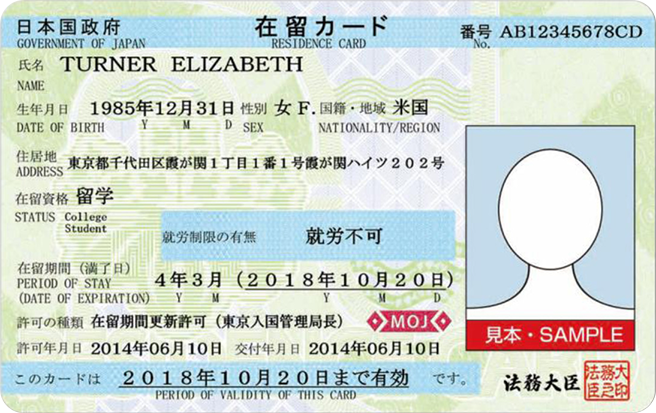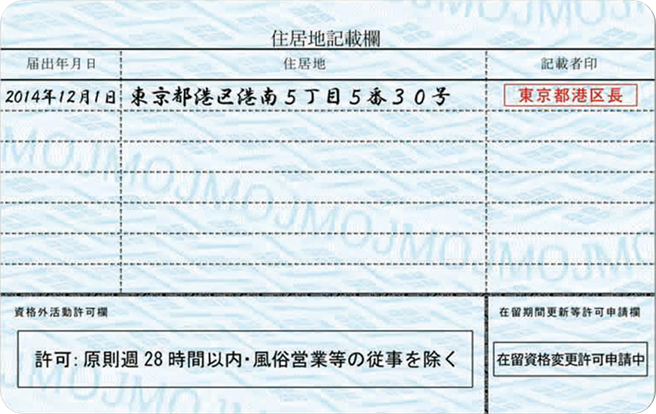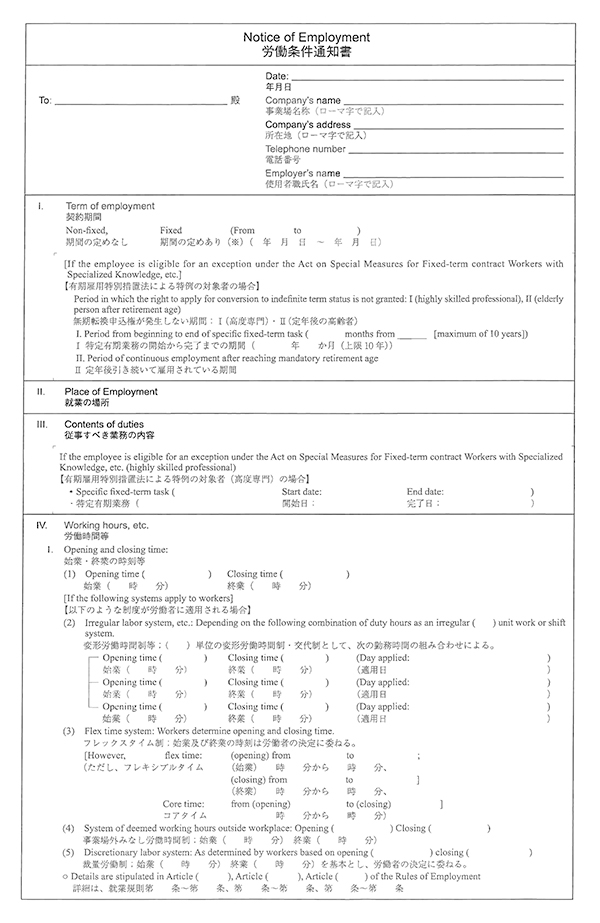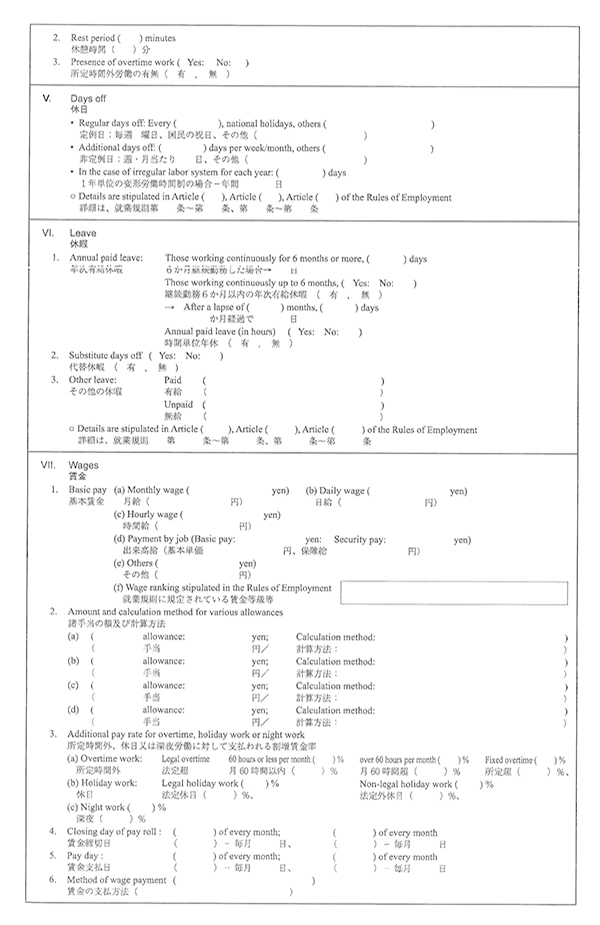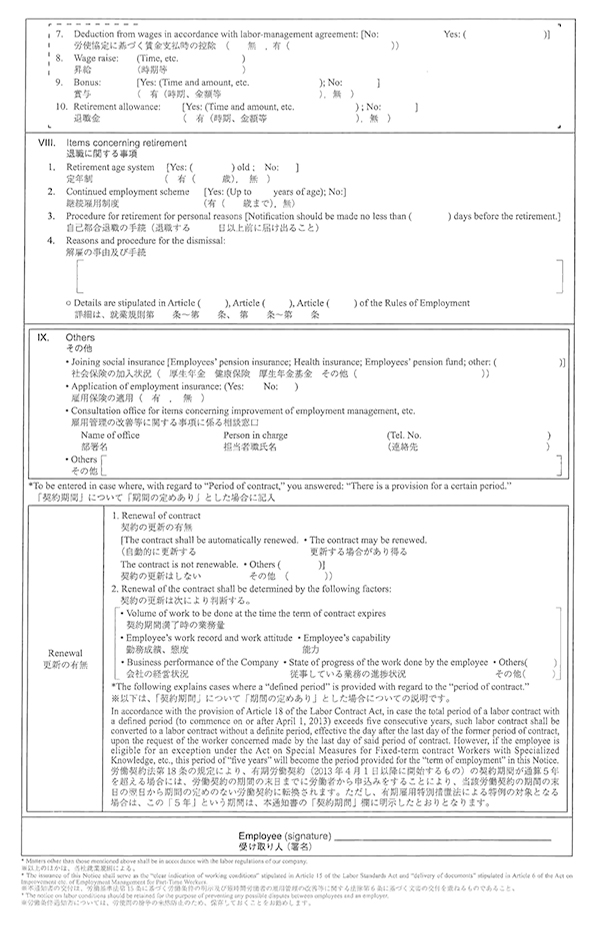 Job Fair for Non-Japanese Job-seekers
Job Fair for Non-Japanese Job-seekers
We hold Job Fair for Non-Japanese Job-seekers annually in Kobe to provide matching opportunities with local companies. It has been greatly received by the participating companies, resulting in many employments.

Past holding results
•2017 Local companies 20 companies Participating non-Japanese citizens 240 people
•2018 Local companies 33 companies Participating non-Japanese citizens 540 people
•2019 Local companies 41 companies Participating non-Japanese citizens 473 people
•2020 Local companies 20 companies Participating non-Japanese citizens 510 people
•2021 Local companies 25 companies Participating non-Japanese citizens 890 people
•2022 Local companies 33 companies Participating non-Japanese citizens 922 people
•2023 Local companies 60 companies Participating non-Japanese citizens 868 people
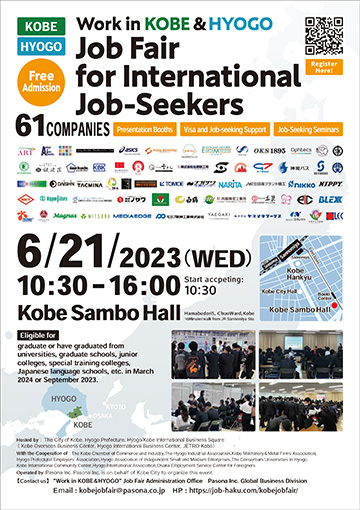
 Holding seminars, study sessions, etc. (KOBE Global Human Resources Working)
Holding seminars, study sessions, etc. (KOBE Global Human Resources Working)
We hold seminars, study sessions, workshops, etc., for international students.
- Job hunting seminars at each school
- Job hunting seminars about how to fill in entry sheets
- Job interview simulations
- Workshops between corporate representatives and international students
- Company tours for international students

 WORK in KOBE
WORK in KOBE
An employment information website for non-Japanese citizens who want to work in Kobe. Information, such as interviews of non-Japanese citizens working in Kobe, employment information, living information, employment procedures are posted.

 KOBE JOB PORT
KOBE JOB PORT
Although the website is not exclusively for non-Japanese citizens, it provides information about employment in Kobe.
KOBE JOB PORT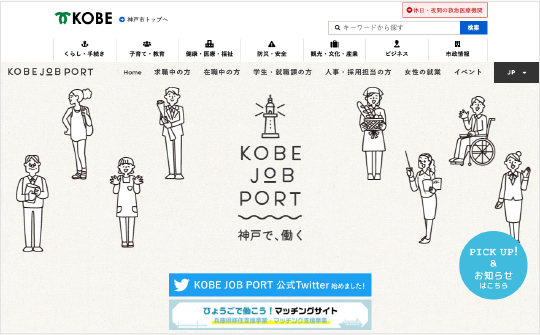
 Life consultation
Life consultation
The Kobe International Community Center (KICC) provides a wide range of living support for non-Japanese citizens.
“Kobe Living Guide"A guide for non-Japanese citizens living in Kobe
| Address | Asta Kunizuka 1-Bankan, South Building 4F 5-3-1, Udezuka-cho, Nagata-ku, Kobe |
|---|---|
| Hours of operation | Mon - Fri 10:00 am - 8:00 pm Sat 10:00 am - 5:00 pm (Closed on Sundays, Japanese public holidays, and year-end and New Year holidays) |
| TEL | 078-742-8721 |
 Kobe Employment Service Corner for Foreigners
Kobe Employment Service Corner for Foreigners
[Ministry of Health, Labour and Welfare]
A consultation service (“Hello Work”) of the country (Ministry of Health, Labour and Welfare) to support the employment of international students and non-Japanese citizens looking for a job. In addition to employment consultation, you can receive services, such as job information service and employment reference for free.
Kobe Employment Service Corner for Foreigners(Japanese only)| Address | Hello Work Kobe 2F (5) Corner, 1-3-1, Aioi-cho, Chuo-ku, Kobe |
|---|---|
| Supported language | English, Portuguese, Spanish, Chinese, Vietnamese |



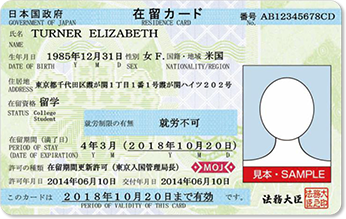
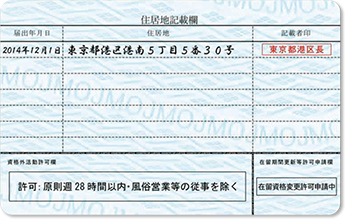











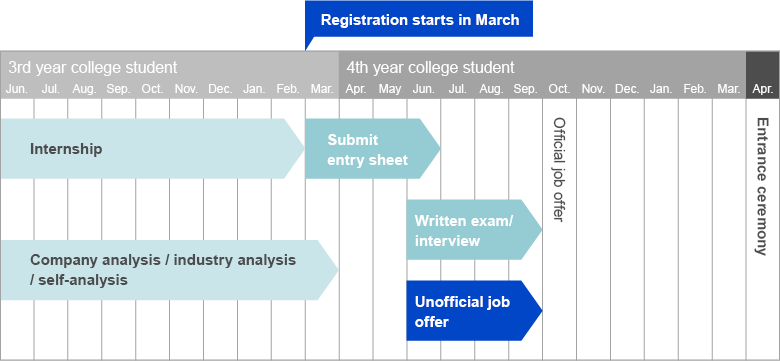











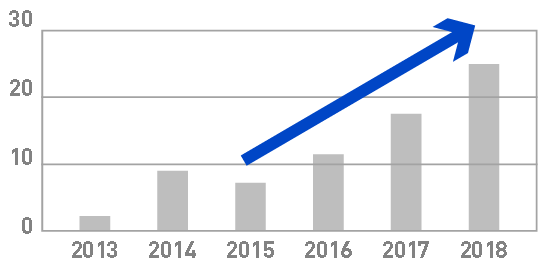

 for up to five years until they pass their nursing care worker certification.
for up to five years until they pass their nursing care worker certification.